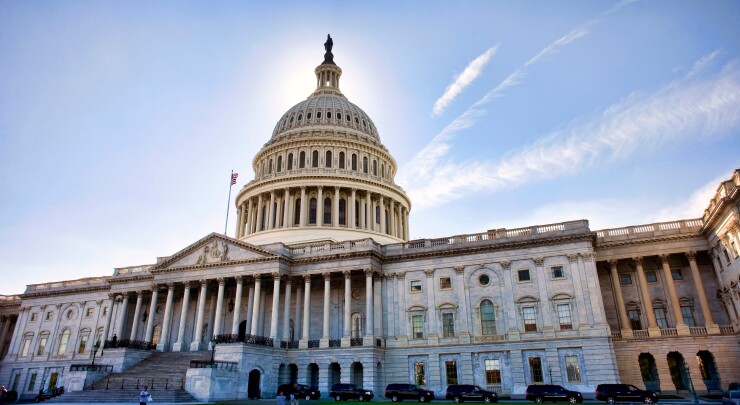Between rising
The Consolidated Appropriations Act of 2023 is a $1.7 trillion "omnibus" spending bill that includes funds for defense, natural disaster aid, electoral reform, as well as new healthcare and retirement provisions. Signed into law by President Biden on December 29, 2022, the omnibus funding bill is setting the tone for 2023.
"The omnibus bill was the last train leaving the station," says James Gelfand, the president of the ERISA Industry Committee, a national advocacy group for large employers. "It was the last must-have piece of legislation in 2022, and it came with health policy provision that absolutely had to be done."
Read more:
Namely, the omnibus bill impacts telehealth and mental healthcare coverage, expanding access to two vital points of care. On the telehealth side, Congress has extended "1st-Dollar Coverage" to 2025, meaning that employers can offer telehealth services free of charge before families with a high-deductible health plan meet their deductible. Originally part of the Coronavirus Aid, Relief, and Economic Security Act, or CARES Act, this provision was set to expire.
"Most of the policies that were included in that CARES Act were temporary in nature," says Gelfand. "But almost every plan sponsor that offers a hybrid health plan did offer free telehealth visits under this provision. And as a result, millions of people have been able to get access to care that they otherwise may not have been able to access."
Before the pandemic, telehealth accounted for less than 1% of outpatient visits. Six months into the pandemic, that number rose to 13% and has now scaled back to 8%, according to an analysis by the Kaiser Family Foundation. While utilization has oscillated in the past few years, Gelfand underlines that telehealth has now become an integral part of how many workers initially connect with healthcare providers, especially if they live in rural areas or in communities impacted by the provider shortage.
Read more:
This is another way employers can ensure their workers have access to care without concerns for cost or even missing work, Gelfand explains.
As for
"This act ultimately aims to improve the shortage of providers in this space and ensure federal funds are flowing to important mental health programs," says Gelfand. "The goal is to get states to access these funds, and get the right educational tools and resources to providers on mental health."
Read more:
While this provision will not impact employers right away, it's worth noting that it may make it easier for workers to seek out help down the road. It also serves as a reminder to employers: the need for mental health care isn't going anywhere. For Gelfand, the Restoring Hope Act was Congress' last attempt to address mental health in 2023, and he's glad that it made it through.
"Restoring Hope is the only bill that may get across the finish line in terms of mental health," he says. "Many bills were introduced, but they did not make it."






